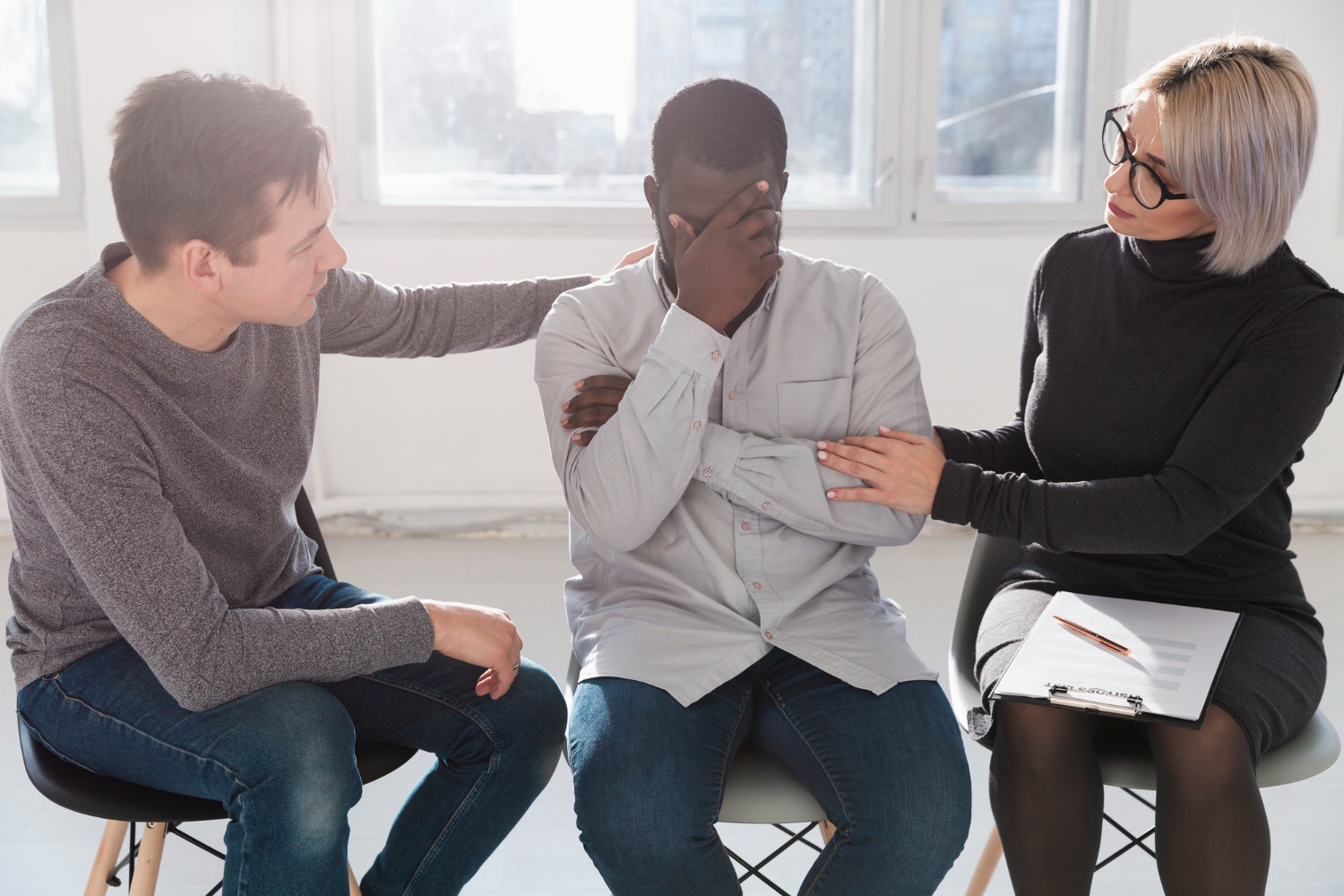Mental health disorders are conditions that affect the way people think and act. They can affect people of any gender, sex, ethnicity, age or socioeconomic group. Disorders can range in severity from mild to severe. People struggling with mental health disorders may struggle to cope with everyday life due to their altered thinking, behavior or moods. If you wonder what are the most common mental health disorders, read on to find out about the ten most common disorders among American adults.
What Are the Most Common Mental Health Disorders?
Depression
Depression is a mood disorder that refers to a wide range of mental health problems characterized by low mood, loss of enjoyment and interest and reduced energy in addition to other associated cognitive, emotional, physical and behavioral symptoms. Depression is more than just feeling sad.
There are many different types of and symptoms of depression. Some of the most common symptoms include:
- Feelings of guilt
- Loss of enjoyment and interest in everyday life
- Feelings of worthlessness
- Low self-esteem
- Feelings of helplessness
- Reduced attention
- Thoughts of suicide
Generalized Anxiety Disorder (GAD)
Generalized anxiety disorder is characterized by worry and excessive anxiety that occurs on more days than not over the period of at least six months. People with GAD may be excessively apprehensive about outcomes of events or activities. They may also anticipate catastrophic outcomes from mild physical symptoms or medication side effects. GAD sufferers often battle depression too. The following symptoms are common with GAD:
- Excessive worry and anxiety
- Difficulty concentrating
- Muscle tension
- Disturbed sleep
- Fatigue
- Muscle tension
Panic Disorder
Panic disorder is associated with panic attacks and intermittent apprehension. Panic attacks may occur spontaneously or may be related to specific triggers. The severity and frequency of panic attacks for people with panic disorder can vary. Agoraphobia, which is characterized by anxiety about being in certain situations or places from which a person may be unable to escape, is common among those with panic disorder. As a result, many people with panic disorder avoid a variety of situations, such as being alone in public, being home alone, traveling in a car or airplane or being in a particular place
Phobias
Phobias are characterized by extreme and persistent fear of a specific situation or object. Usually a person with a phobia experiences extreme discomfort and a level of fear that is out of proportion to the actual level of danger of the thing they fear. Most people with specific phobias recognize that the fear is excessive or out of proportion to the actual risk.
Social Anxiety Disorder
Social anxiety disorder is characterized by strong fear in social situations that causes distress and leads to a person feeling self-conscious and anxious. People with social anxiety disorder often struggle to function effectively in certain aspects of their daily lives. Their performance at home, work and school may be affected and they may spend days or weeks worrying about a single social situation. Fears are often triggered by imagined or real scrutiny from others. Symptoms of social anxiety disorder may include:
- Nausea
- Sweating
- Blushing
- Palpitations
- Panic attacks
- Trembling
Obsessive-Compulsive Disorder (OCD)
Obsessive compulsive disorder is another common mental health disorder and is classified as a form of anxiety disorder. People with OCD experience obsessions, compulsions or both. Obsessions are defined as recurrent thoughts, impulses or images that are unwanted and intrusive. Compulsions are distressing and time-consuming repetitive rituals that originate in a person’s mind and not instigated by an external source and that a person feels driven to perform. Usually the person with compulsions acknowledges them as excessive or unreasonable.
Post-Traumatic Stress Disorder (PTSD)
Post-traumatic stress disorder usually develops in response to a traumatic event or events that the person has experienced, such as severe accidents, interpersonal violence, military action or disasters. People with PTSD re-experience symptoms over and over again involuntarily and in a vivid and distressing way. Symptoms of PTSD may include:
- Repetitive and distressing images
- Nightmares
- Irritability
- Exaggerated startle responses
- Difficulty concentrating
- Avoidance of trauma reminders
- Sleep difficulties
- Feelings of detachment
- Inability to have feelings
If you are concerned you or a loved one are dealing with one of the most common mental health disorders and want to pursue treatment, our professional team of admissions counselors at Atlanta Recovery Place are available to answer any questions you may have. We can help you through the admissions process if and when you are ready. Contact us today by filling out a form or calling us at 866-278-6306 so you or your loved one can get on the path to true recovery.









